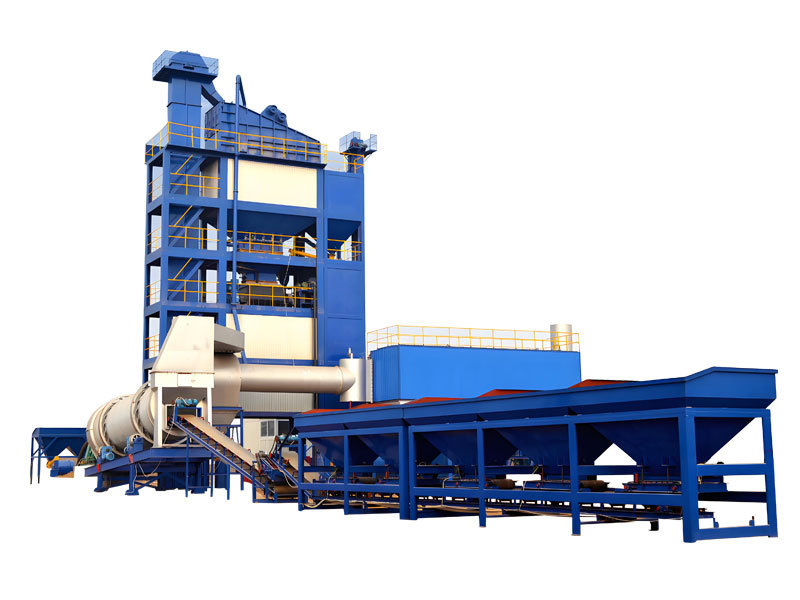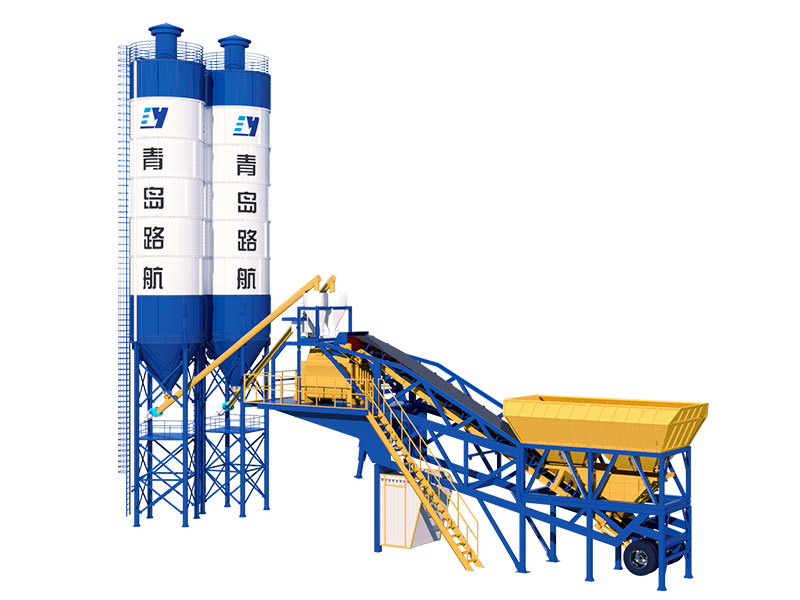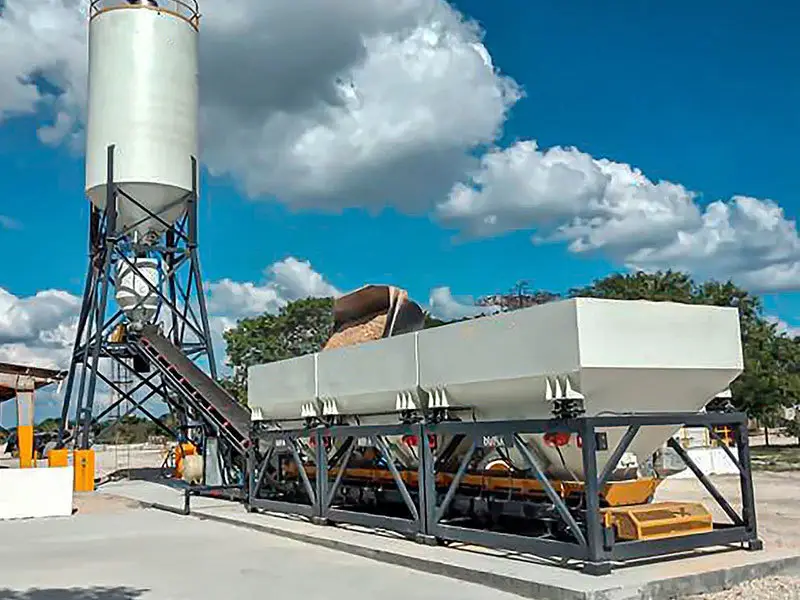Key Features That Make Mortar Grout Pumps Stand Out: A Comprehensive Guide
Release time:
May 31,2025
Key Features That Make Mortar Grout Pumps Stand Out Table of Contents Introduction to Mortar Grout Pumps What Is a Mortar Grout Pump? Key Features of Mortar Grout Pumps Efficiency in Material Delivery Versatility for Various Applications Durability and Reliability Ease of Use and Maintenance Safety Features

Key Features That Make Mortar Grout Pumps Stand Out
Table of Contents
- Introduction to Mortar Grout Pumps
- What Is a Mortar Grout Pump?
- Key Features of Mortar Grout Pumps
- Efficiency in Material Delivery
- Versatility for Various Applications
- Durability and Reliability
- Ease of Use and Maintenance
- Safety Features
- Benefits of Using Mortar Grout Pumps
- Common Applications of Mortar Grout Pumps
- Comparison with Other Pump Types
- FAQs About Mortar Grout Pumps
- Conclusion
Introduction to Mortar Grout Pumps
Mortar grout pumps play an essential role in the construction and engineering industries. These specialized machines are designed to facilitate the efficient and precise delivery of various materials, including mortar, grout, and concrete. In this guide, we will explore the key features that make mortar grout pumps stand out, enabling project managers and contractors to make informed decisions about their equipment choices.
What Is a Mortar Grout Pump?
A mortar grout pump is a type of mechanical device specifically engineered to transport and dispense mortar or grout efficiently. These pumps utilize hydraulic pressure to move materials from a mixing source to a designated application site, ensuring a smooth and uninterrupted flow. They are vital in various construction tasks, such as masonry work, floor leveling, and foundation construction.
Key Features of Mortar Grout Pumps
Understanding the features that set mortar grout pumps apart is essential for anyone in the construction industry. Here, we discuss several pivotal characteristics that contribute to their effectiveness.
Efficiency in Material Delivery
One of the standout features of mortar grout pumps is their incredible efficiency in material delivery. These pumps are designed to handle large volumes of material, allowing for quicker project completion. The hydraulic system employed in many mortar grout pumps ensures a consistent flow rate, reducing downtime and maximizing productivity.
Versatility for Various Applications
Mortar grout pumps are remarkably versatile and can be utilized in a wide range of applications. They can handle various materials, including self-leveling compounds, bonding agents, and even lightweight concrete. This versatility makes them an invaluable asset for contractors looking to tackle diverse projects. Whether it’s for filling voids, stabilizing soils, or applying finishes, a mortar grout pump can perform effectively.
Durability and Reliability
Durability is a crucial factor when selecting construction machinery. Mortar grout pumps are built to withstand harsh conditions and rigorous use. High-quality materials and robust construction ensure that these pumps can endure the wear and tear of daily operations. Additionally, many models feature advanced technology that enhances their reliability, minimizing the risk of breakdowns during critical project phases.
Ease of Use and Maintenance
User-friendliness is another defining characteristic of mortar grout pumps. Many modern models come equipped with intuitive controls and user interfaces that simplify operation. For instance, operators can easily adjust flow rates and monitor pressure levels without extensive training. Furthermore, regular maintenance is straightforward, often requiring only basic cleaning and lubrication to keep machines running smoothly.
Safety Features
Safety in construction is paramount, and mortar grout pumps are designed with several safety features to protect operators and bystanders. Features such as pressure relief valves, emergency stop buttons, and protective guards are standard in many models. These components ensure that the equipment operates within safe parameters and reduce the likelihood of accidents on job sites.
Benefits of Using Mortar Grout Pumps
Utilizing mortar grout pumps in construction projects provides several significant benefits. The primary advantages include:
- **Time Savings**: The quick and efficient material delivery can significantly reduce project timelines.
- **Cost Efficiency**: With increased efficiency and reduced labor costs, overall project expenses can be minimized.
- **Quality Consistency**: Automated material delivery ensures a consistent mix and application, resulting in improved quality.
- **Reduced Labor Strain**: By mechanizing the delivery process, physical labor is minimized, reducing fatigue and the risk of injuries among workers.
Common Applications of Mortar Grout Pumps
Mortar grout pumps find application across various sectors within the construction industry. Some common uses include:
- **Masonry Construction**: For laying bricks and blocks efficiently with precise mortar application.
- **Flooring**: Used in the application of self-leveling compounds for smooth floor surfaces.
- **Foundation Work**: Essential in underpinning and foundation stabilization tasks.
- **Civil Engineering**: Frequently utilized in soil stabilization and void filling in various infrastructure projects.
Comparison with Other Pump Types
When evaluating equipment options, it is essential to compare mortar grout pumps with other types of pumps available in the market. Traditional concrete pumps, for instance, are designed primarily for concrete delivery and may not perform well with finer materials like grout.
**Mortar Grout Pumps vs. Concrete Pumps**:
While both are used in construction, mortar grout pumps are specialized for thinner mixtures, making them more effective for tasks requiring precision and control. Additionally, mortar grout pumps often require less maintenance due to their simpler mechanisms.
**Mortar Grout Pumps vs. Manual Methods**:
The shift from manual mixing and application to using mortar grout pumps can lead to enhanced productivity and quality. Manual methods are often labor-intensive and prone to human error, while pumps ensure a consistent material flow.
FAQs About Mortar Grout Pumps
1. What types of materials can be used with mortar grout pumps?
Mortar grout pumps can handle a variety of materials, including mortar, grout, self-leveling compounds, bonding agents, and lightweight concrete.
2. How does a mortar grout pump work?
Mortar grout pumps use hydraulic pressure to transport material from a mixing source to the application site, providing a consistent flow rate and minimizing downtime.
3. Are mortar grout pumps easy to operate?
Yes, modern mortar grout pumps are designed for ease of use, often featuring intuitive controls and interfaces that make operation straightforward for various skill levels.
4. What maintenance is required for mortar grout pumps?
Regular maintenance for mortar grout pumps generally includes cleaning, lubrication, and periodic checks of hydraulic systems to ensure optimal performance.
5. Can mortar grout pumps be used for large-scale projects?
Absolutely! Mortar grout pumps are capable of handling large volumes of material quickly and efficiently, making them suitable for large-scale construction projects.
Conclusion
Mortar grout pumps are an indispensable tool in the construction and engineering industries, providing numerous advantages that enhance productivity and quality. Their efficiency in material delivery, versatility for various applications, and built-in safety features make them stand out from other construction machinery. Whether you are involved in masonry, flooring, or foundation work, understanding the key features of mortar grout pumps can significantly impact the success of your projects. Investing in high-quality equipment can lead to better project outcomes and an overall improved construction process.
Key words:




